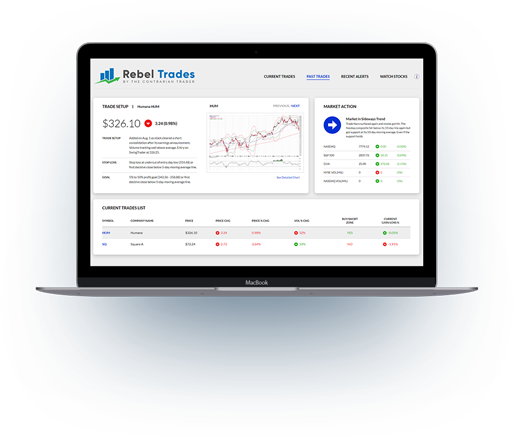While it has been a stretch to call Bernanke’s post-2009 experiment in “wealth-effect” central planning (where in 2013 the Russell 2000 has outperformed the composite hedge fund by a factor of over 500%!) a “market”, here are some of the latest market thoughts by Goldman’s David Kostin.
US stocks surged to an all-time high of 1745 following the debt accord. The S&P 500 has returned 22% YTD driven almost entirely by P/E multiple expansion rather than higher earnings.
In other words, there has been zero actual bottom line improvement in 2013. Zilch. Nada. All this despite so many loud promises by every pundit in late 2012 that 2013 will be the year of the turn, just wait, you’ll see. It also means there has been zero “fundamental” component to the upside. All of it is multiple expansion. What’s another name for that? Why, “the Fed.”
Bearishly inclined investors will point to the cyclically-adjusted P/E ratio popularized by newly-crowned Nobel laureate Robert Shiller that suggests the S&P 500 is roughly 30% overvalued based on 10-year trailing average reported EPS.
“30% overvalued” by a person who just won the Nobel prize for saying the market is irrational and creates bubbles? You don’t say. Why is a perfect segue into the final Goldman notice:
We forecast the index will climb to 1750 by year-end 2013, a slim advance less than 1% above today’s level. Our year-end 2014 price target remains 1900 or 9% above the current level. S&P 500 trades at 2.6x price/book value. From a valuation perspective, the index level is consistent with the market’s current return on equity (ROE) of 15.5%, and in-line with the 35-year average P/B.
To summarize Goldman:
- All upside is multiple expansion-driven, i.e. relentless Fed pumping of risks as the final bubble grows to unprecedented proportions,
- A market which even tenured economists say is a disaster waiting to happen.
- But hey, the music is still playing so everyone must dance all the way until Goldman’s 2100 target… in 2015.
All of this has come and gone before, but since this time will be different, one can just ignore the recurring past.
And, finally, some charts:



Courtesy: Zero Hege


